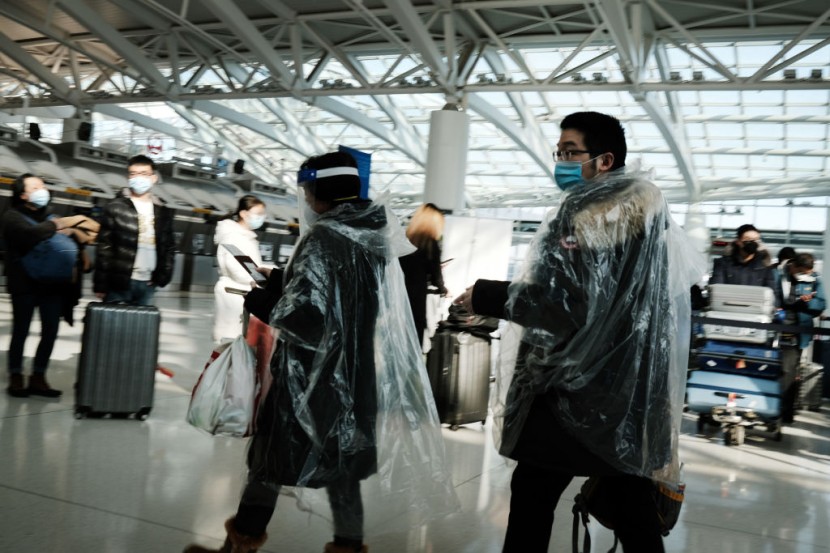
Due to an increase in COVID-19 cases, President Joe Biden's administration expects to implement travel restrictions from the United States to India starting Tuesday. According to White House press secretary Jen Psaki, the move responds to a report by the Centers for Disease Control and Prevention (CDC).
Travel restrictions from the US to India to start on Tuesday
In a statement, Psaki said, "The strategy will be applied in light of exceptionally large COVID-19 caseloads and various variants circulating in India." Foreign nationals traveling from India to the United States are subject to the restrictions, not US residents. Lawful permanent residents of the United States and their relatives, foreign authorities, and others traveling for humanitarian, public health, or national security purposes are among those who are exempted.
Exempt passengers must also show evidence of a negative COVID-19 test or recovery from the virus three days before boarding their flight to the United States, said the CDC. The agency also suggested having a test and quarantining unvaccinated passengers after returning to the US.
The decision has been communicated to airlines. Flights from India would not be banned under the scheme. According to the White House, the US will continue to assist India's public health response and provide the country with emergency supplies.
United and Air India both fly nonstop between the United States and India, USA Today reported. According to aviation data company Cirium, United has four regular flights, and Air India has daily and weekly flights. United's timetable will not be altered soon, said spokesman Charles Hobart.
COVID-19 cases have risen dramatically in India. There were about 350,000 coronavirus cases and 2,670 deaths in February. The statistics from S.V. Subramanian, a professor of population health and geography at Harvard T.H. Chan School of Public Health, indicate that there have been more than 3 million cases, a ninefold rise, and 17,000 deaths in April.
US pledges to continue helping India
The US government already advises against traveling to India, citing the country's highest warning level in CDC and State Department ratings. The White House announced earlier this week that if the AstraZeneca COVID-19 vaccine gains federal clearance, the US will distribute up to 60 million doses.
Biden promised steadfast assistance for the people of India who have been affected by the recent increase in COVID-19 cases during a phone call with Indian Prime Minister Narendra Modi. Small and large oxygen cylinders, regulators, pulse oximeters, about 184,000 rapid diagnostic tests, and about 84,000 N-95 masks were among the first shipments of emergency supplies promised to India by the Biden administration in the last 24 hours, according to Psaki.
Doctors and news outlets have cited anecdotal - but inconclusive - data to indicate that the country's outbreak is being driven by a homegrown version known as B.1.617. People who have been completely vaccinated are becoming infected. However, the evidence so far shows that another variant, the particularly infectious B.1.1.7, circulated extensively in the United Kingdom and the United States, could also be a significant cause.
According to NY Times via MSN, one out of every five COVID-19 tests is positive in India, but experts believe the actual toll is even higher. Due to a shortage of vaccines, some Indian states said they would not comply with the government's order to extend vaccinations to all adults starting on Saturday. So far, only a limited percentage of the population has been vaccinated.
Dr. Gottlieb says travel restrictions on India will not impact US cases
Dr. Scott Gottlieb said that the Biden administration's newly proposed sanctions on travelers from India are unlikely to play a major role in reducing new coronavirus cases in the United States. Gottlieb, who sits on the COVID-19 vaccine producer Pfizer board, believes the White House's prime motive for banning travel from India is the coronavirus strain known as B.1.617. It was discovered in the city for the first time and is thought to be highly infectious.
According to a source familiar with the issue, the travel order is likely to extend to non-US citizens or permanent residents who have recently visited India. That means the restrictions would probably follow the same format as those put on most travel to the United States from China, Brazil, and the European Union, potentially banning any travelers from India from visiting the United States.








